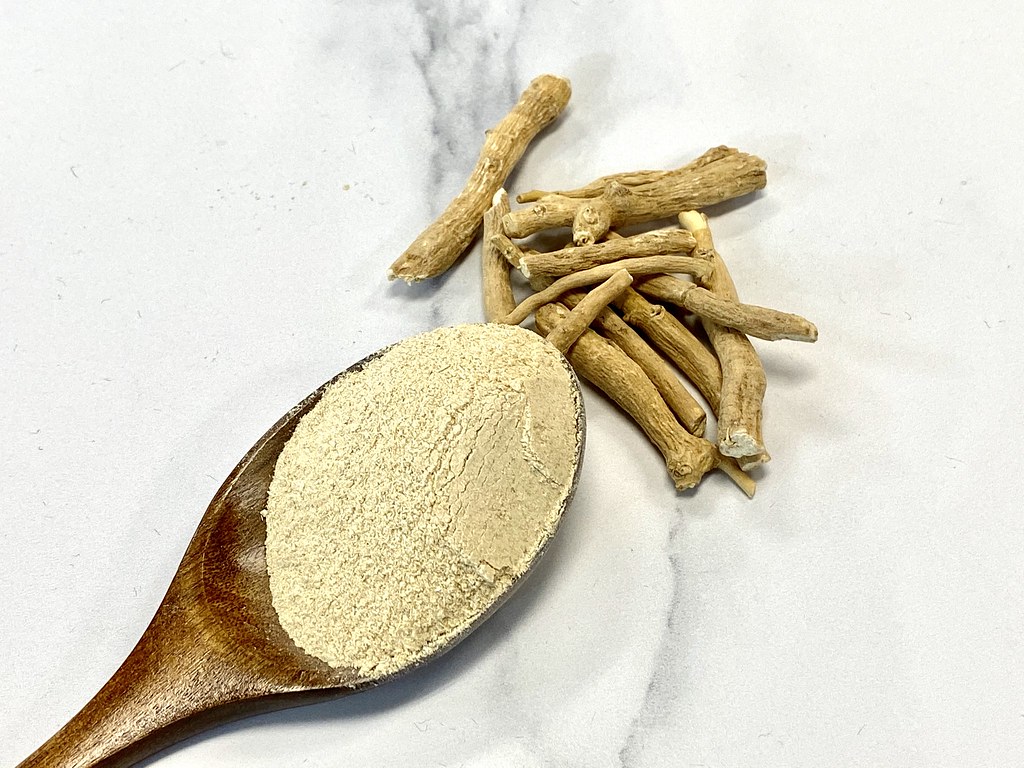Could there possibly be a solution to stress, sleep, migraines and anxiety all at once? The vitamin Ashwagandha is considered to be a trendy, alternative cure for all these problems.
Scientifically known as Withania Somnifera, Ashwagandha is an evergreen shrub that is grown in tropical parts of Asia, Africa and Europe. Although the entire plant can be consumed, its root is most typically used in practice since it is believed to have the highest concentration of beneficial antioxidants within the plant, such as alkaloids and phytochemicals.
“[Ashwagandha] has been used for thousands of years. It’s been known to have benefits since ancient times,” said David Sanchez, manager of Underground Nutrition, a supplement and health store in Garwood, NJ. Sanchez has also personally taken Ashwagandha to help with stress, and claims the product has worked for him.
According to nih.gov, Ashwagandha’s use in healing can be dated back to 6000 BC in Indian traditional medicine, with its root being consumed and applied to treat symptoms such as arthritis, hysteria, anxiety and other health issues. In ancient practice, the plant’s roots, leaves and berries were typically crushed into a tonic, and then consumed or physically applied.
Today, Ashwagandha can be purchased in a variety of forms, including gummies, capsules and powder. On average, a bottle of the supplement in any form can be purchased from any nutrition store, drugstore, or online for anywhere between $15 and 35.
According to usnews.com, pharmacists ranked Nature Made, Goli, and NaturaLife Labs as the three ‘best’ brands that sell Ashwagandha supplements. All three brands can be purchased at any CVS Pharmacy, or on Amazon.
The supplement continues to be used in modern holistic medicine as an alternative way of treating issues regarding mental health, specifically being marketed as targeting anxiety, issues with sleep and general stress. Its effects can be compared to those of traditional medicines for anxiety, such as Zoloft or Prozac.
“In my experience it can be supportive in times of stress (chronic or acute). It has antioxidant properties and can lower inflammation,” said Biology and Food Science Teacher Kathleen Bigelow, who has a certificate in holistic nutrition.
Ashwagandha has already seen an uptick in popularity following the years of the COVID-19 pandemic. According to bbc.com in 2022, the supplement has recently become known as a “super herb” with seemingly endless benefits.
However, the summer of 2024 became the summer of Ashwagandha, with social media platforms, such as TikTok, marketing it through product reviews and stories of user experiences taking Ashwagandha, leading to a boost in the supplement’s popularity. According to Sanchez, his store saw a “crazy amount” of people buying Ashwagandha in July and August of this year.
One of the factors that have drawn people to take Ashwagandha is not only the belief that it can help alleviate the effects of physical and mental health issues, but the promise that taking the supplement will actually work.
“I think it has helped me sleep when I’ve needed it,” said Nicole Snyder, a Cranford mom who periodically takes Ashwagandha in conjunction with other supplements to help with her insomnia.
Yet, concerns have arisen about whether the supplement works ‘too well.’ Many TikTok users have stated that taking Ashwagandha has improved their stress levels, but also “numbed their emotions” as a result.
“[Taking it] definitely leads to someone having less empathy,” said Sanchez, “It makes processing others’ emotions a lot harder.”
Another point of contention many have with Ashwagandha’s use and marketing has been the idea that the supplement might not help as seriously as mainstream media claims it does. In a video that received over 700,000 likes, TikTok user @gdig728 said that Ashwagandha is treated too much like “a drug” by those who take the supplement, implying that its effects aren’t as strong as most may claim.
However, it is possible that the effects of Ashwagandha could vary depending on both the person and the supplement itself. “The lack of regulation of supplements means that potency can vary from batch to batch or brand to brand, which may make them hard to dose,” said Bigelow.
Despite the alternative nature of Ashwagandha, the supplement’s supposed effects have allowed it to gain mainstream popularity, both on and off social media. According to Bigelow, “[I have] recommended it to many of my nutrition clients.”

